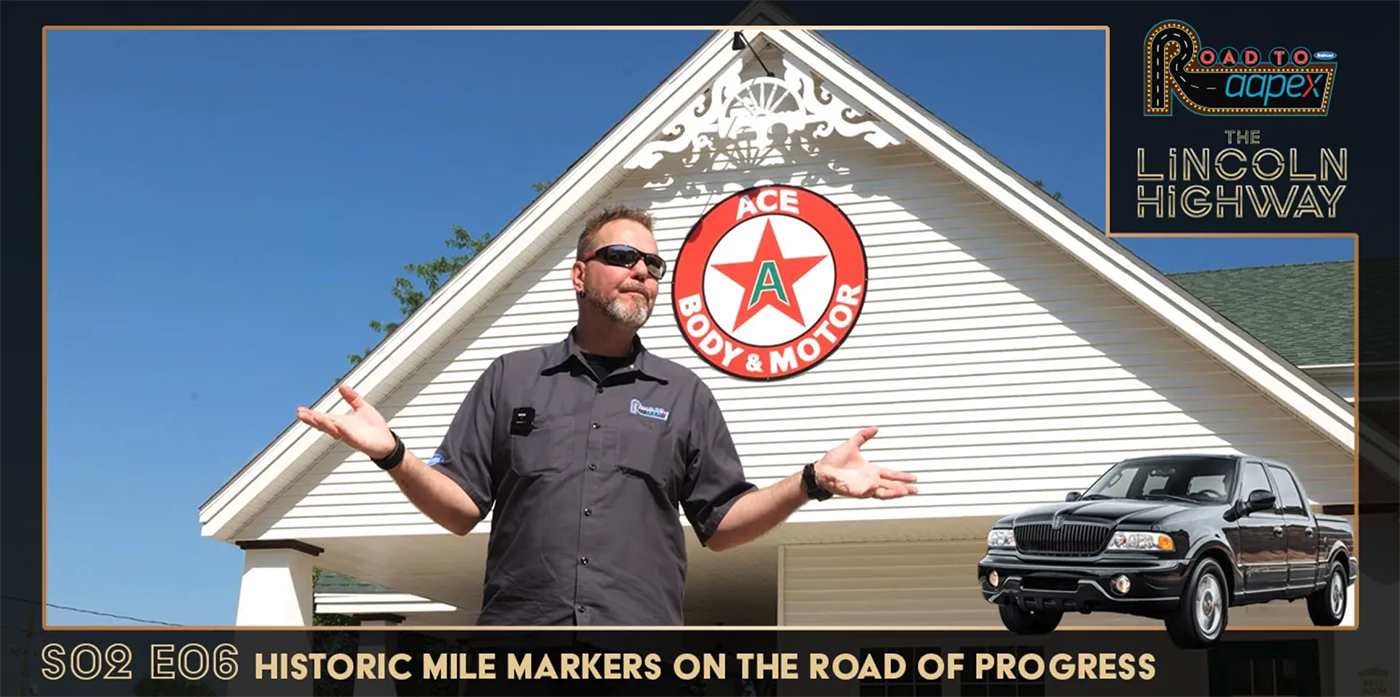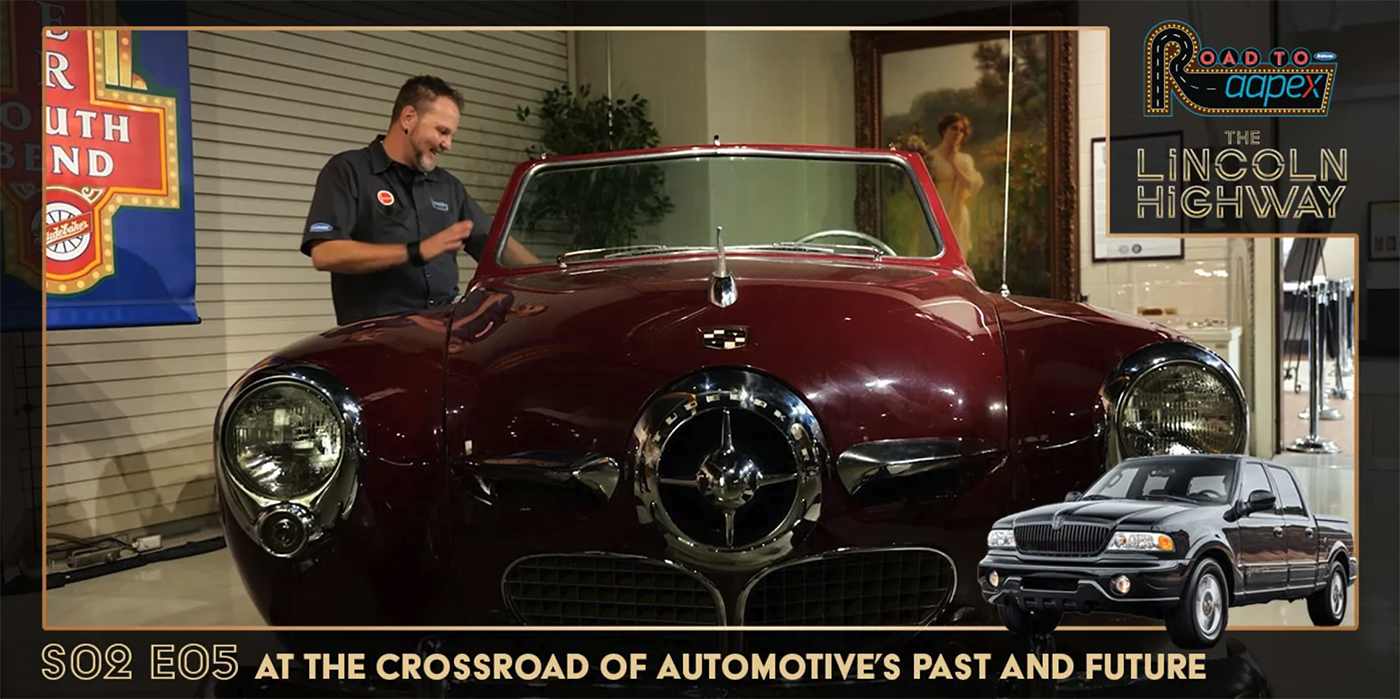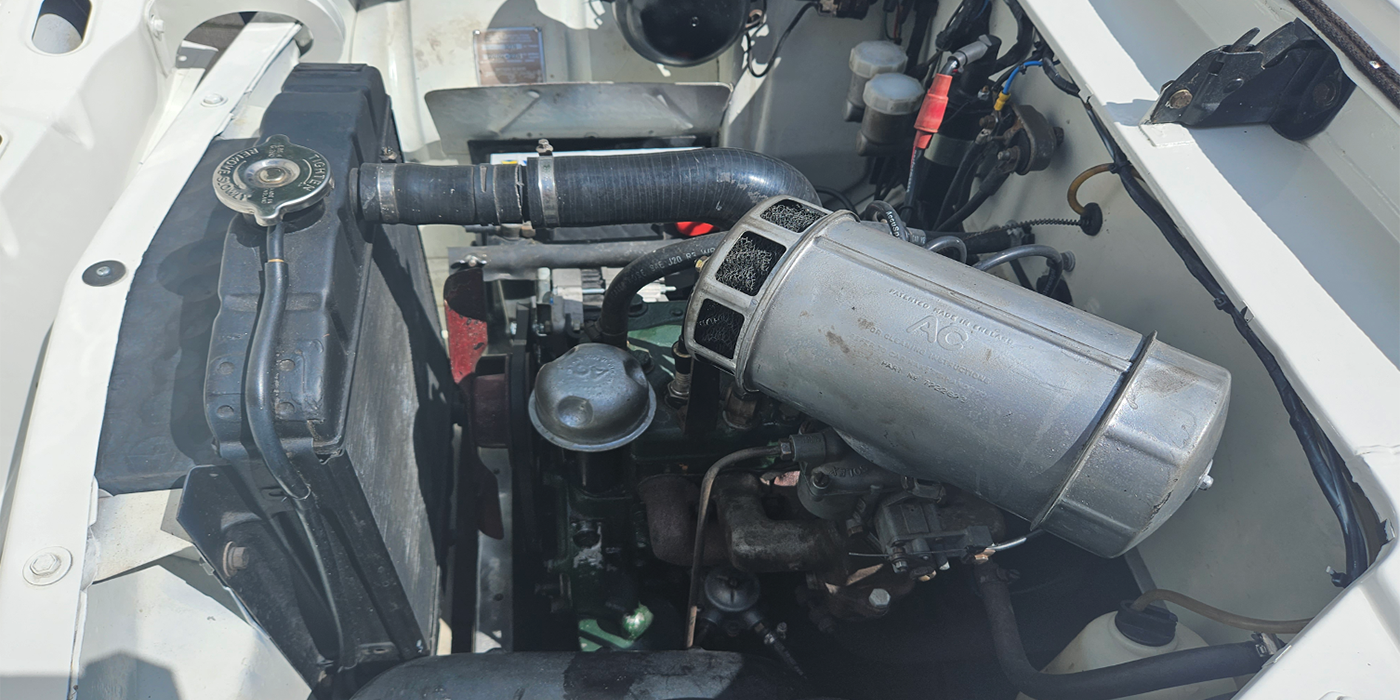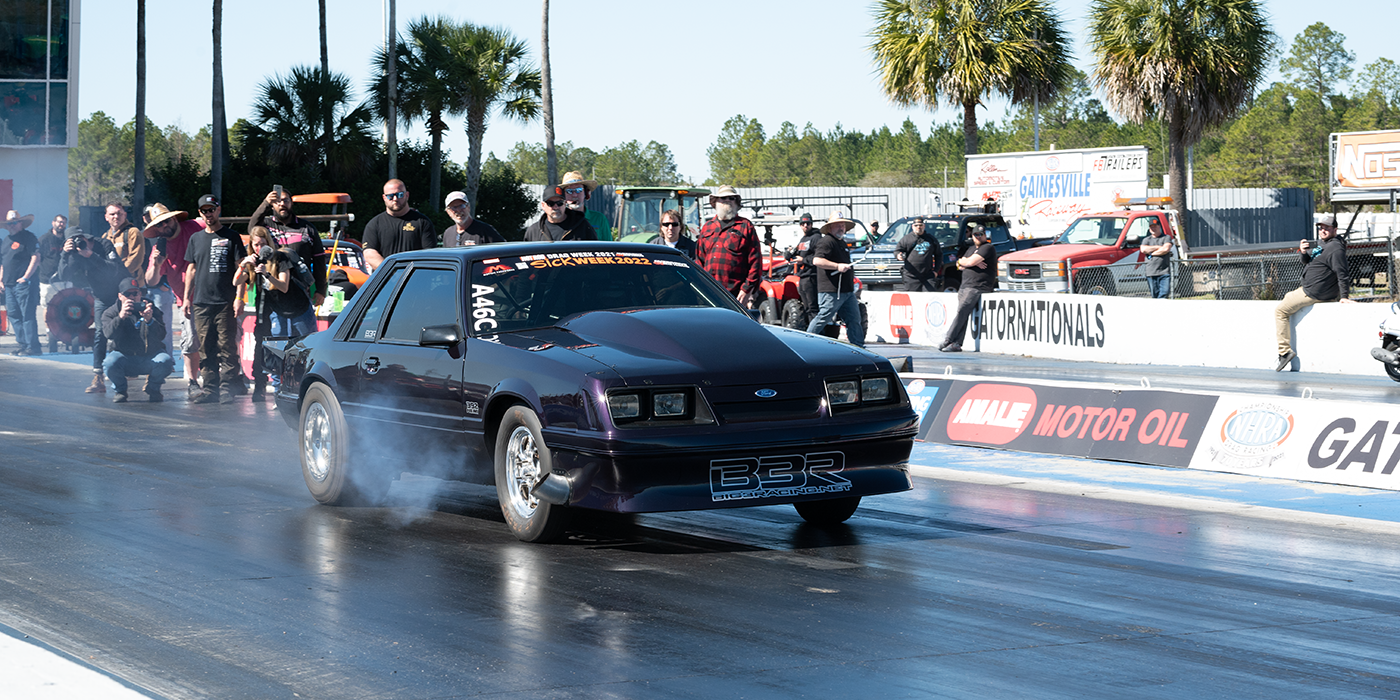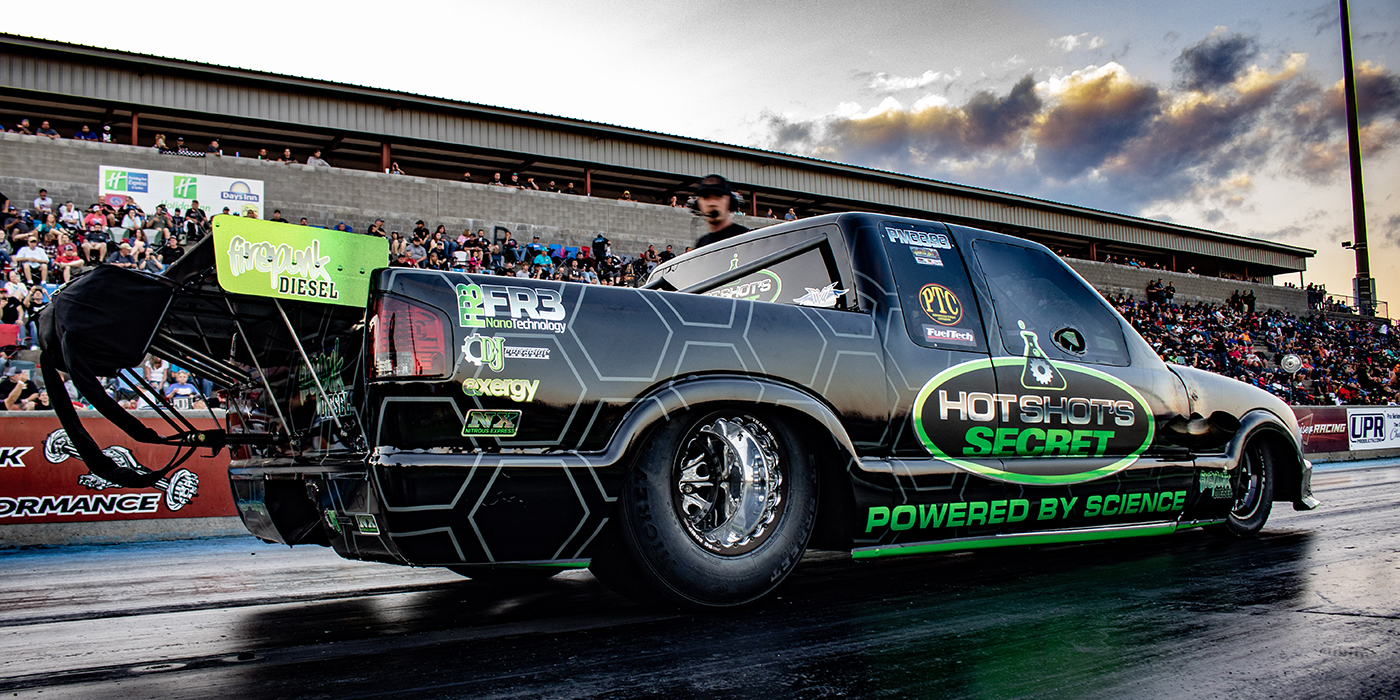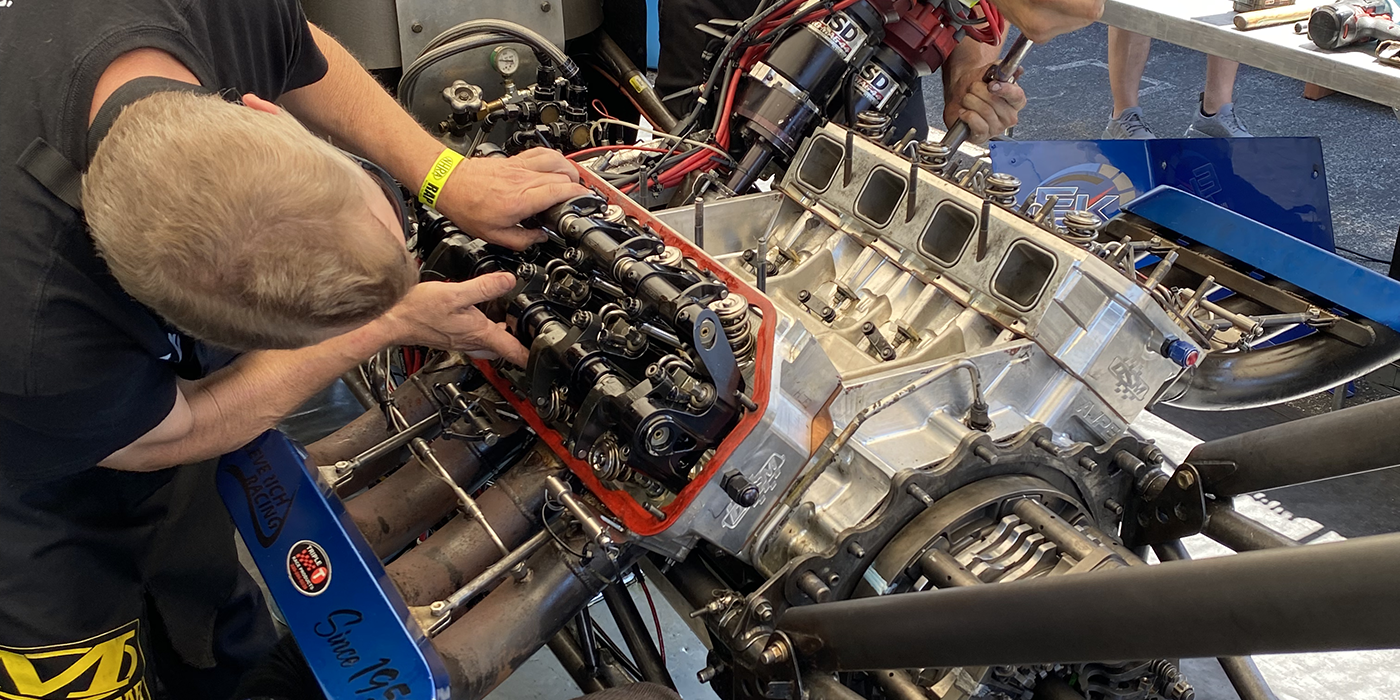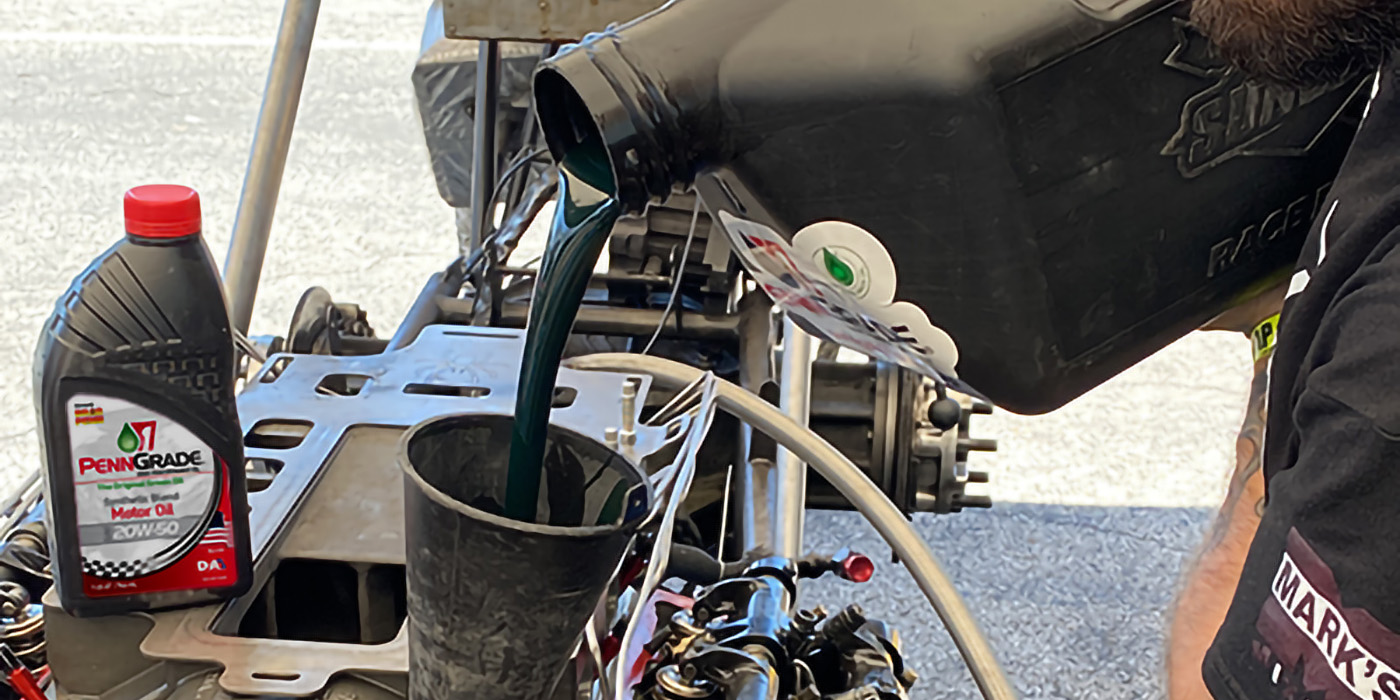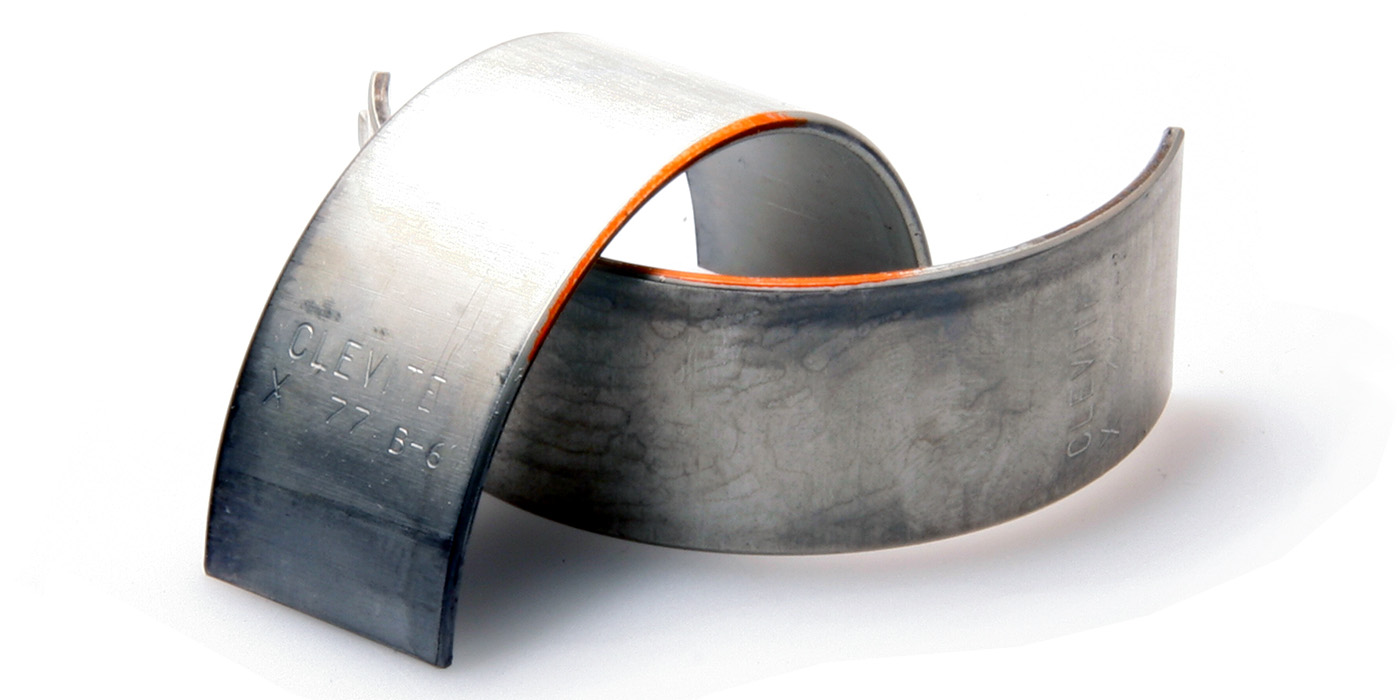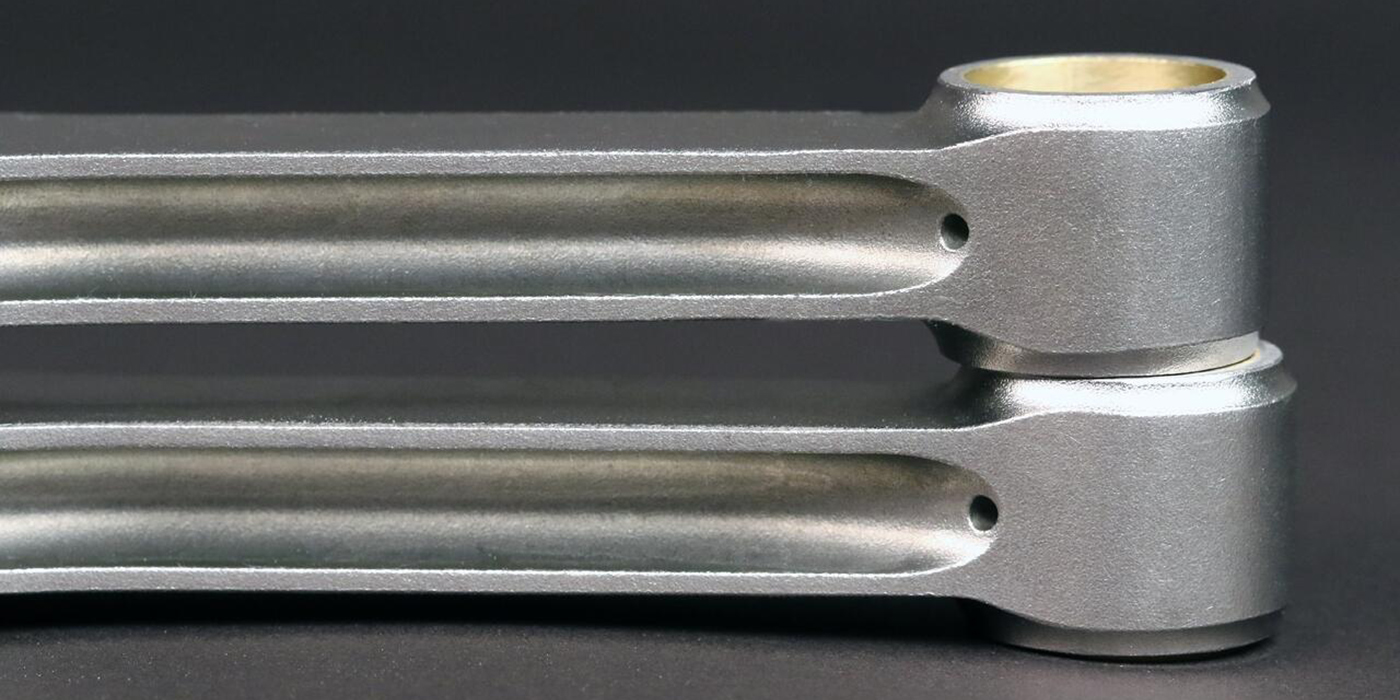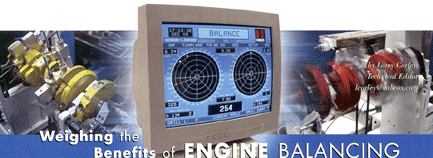
Balancing goes hand-in-hand with performance engine building. Balancing reduces internal loads and vibrations that stress metal and may eventually lead to component failure. But is it worth the time and effort for mild performance applications, everyday passenger car engines or low-buck rebuilds?
From a technical point of view, every engine regardless of the application or its selling price can benefit from balancing. A smoother-running engine is also a more powerful engine. Less energy is wasted by the crank as it thrashes about in its bearings, which translates into a little more usable power at the flywheel. Reducing engine vibration also reduces stress on motor mounts and external accessories, and in big over-the-road trucks, the noise and vibration the driver has to endure mile after mile.
Though all engines are balanced from the factory (some to a better degree than others), the original balance is lost when the pistons, connecting rods or crankshaft are replaced or interchanged with those from other engines. The factory balance job is based on the reciprocating weight of the OE pistons and rods. If any replacements or substitutions are made, there

